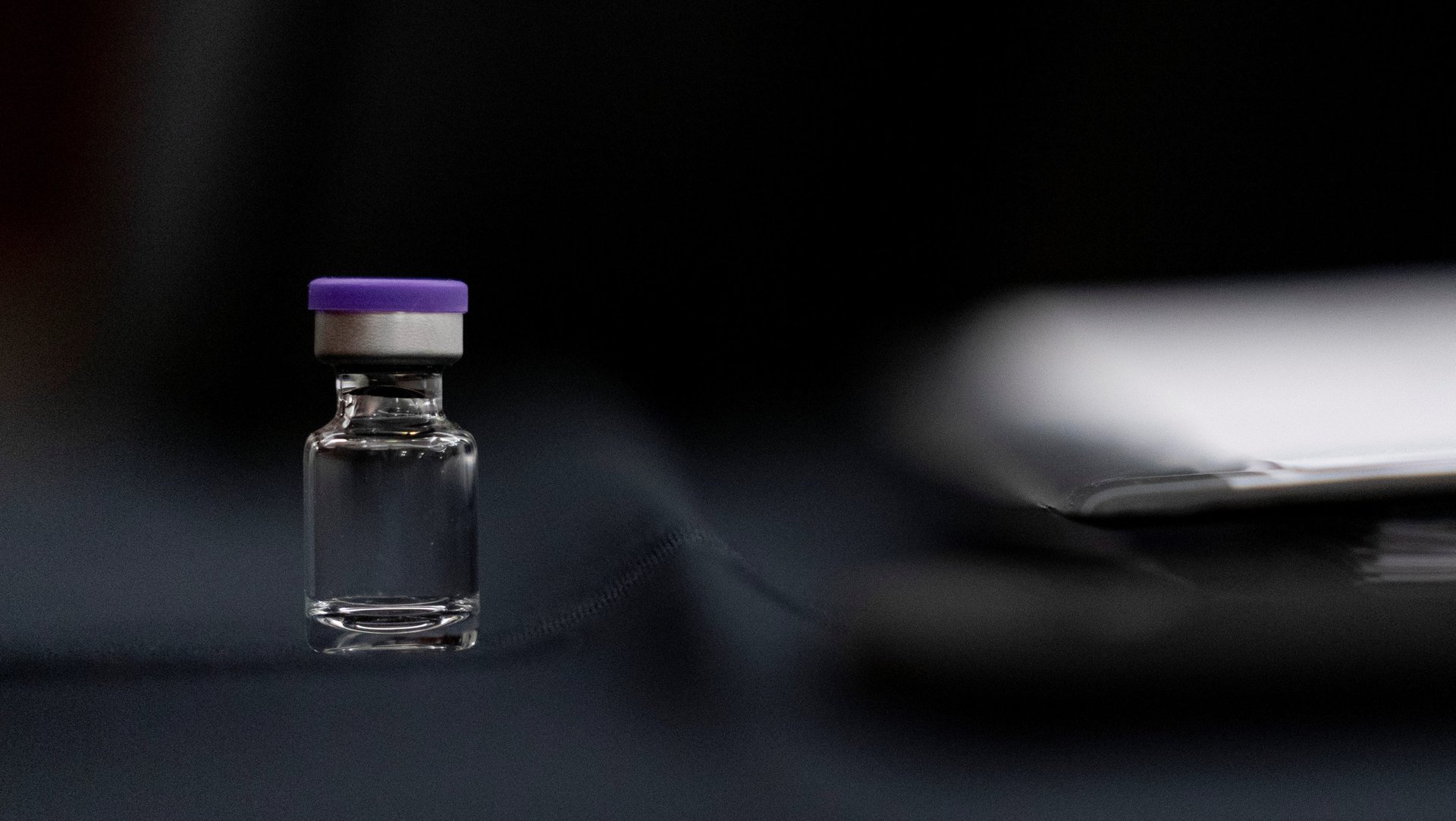Bangladesh will pay for its “support” of Russia in canceled vaccine donations
Covid-19 vaccines have been a tool of diplomacy since they were developed, shaping and strengthening allegiances between countries, as well as creating rifts. One of the tensions that might have precipitated the situation between Russia and Ukraine, for instance, was Ukraine’s refusal to accept the Russia-made vaccine Sputnik as sufficient protection against the virus.


Covid-19 vaccines have been a tool of diplomacy since they were developed, shaping and strengthening allegiances between countries, as well as creating rifts. One of the tensions that might have precipitated the situation between Russia and Ukraine, for instance, was Ukraine’s refusal to accept the Russia-made vaccine Sputnik as sufficient protection against the virus.
Now, with the world taking sides in Russia’s invasion of Ukraine, vaccine access is being used to retaliate against countries that aren’t expressing full opposition to Russia’s actions. This is what happened in the case of Lithuania, which decided to cancel its donation of nearly half a million Pfizer covid-19 vaccine doses to Bangladesh, after Bangladesh abstained in the UN General Assembly’s vote condemning the invasion.
Another form of sanctions
Lithuania had decided to send the donation only last week, but backtracked once Bangladesh joined the 35 countries that abstained from voting on the UN resolution against Russia (while Eritrea, Syria, North Korea, Belarus, and of course Russia itself, were the only countries to vote against it).
So far, about half the Bangladeshi population (a total of 165 million people) has received a full initial course of a covid-19 vaccine, whether from a western manufacturer (Pfizer, Moderna, AstraZeneca, Johnson & Johnson) or a Chinese one (Sinopharm and CoronaVac).
Lithuania’s move, announced by Rasa Jakilaitienė, a representative of the country’s prime minister, amounts to a sanction of sorts—and like many sanctions, it ends up harming the civil population far more than the government it is meant to target.
The many facets of vaccine inequity
While some have celebrated Lithuania’s decision as a means of holding Bangladesh accountable for its actions (or lack thereof, as this was an abstention), others have noted that withholding a vaccine from a vulnerable population isn’t an action to praise. “I do not celebrate the cancellation of life saving vaccines to people,” tweeted Alexandra Phelan, an assistant professor at the Center for Global Health Science & Security at Georgetown University.
The action also highlights the less obvious vulnerabilities created by vaccine equity. Indeed, Bangladesh wouldn’t have found itself in the position of depending on vaccine donations had the doses been distributed more fairly.
The United Nations hasn’t expressed an official position on the issue. Officials in Lithuania and Bangladesh didn’t respond to Quartz’s request for comment.
Correction: A previous version of this story stated Ethiopia voted against the UN resolution. It was Eritrea.